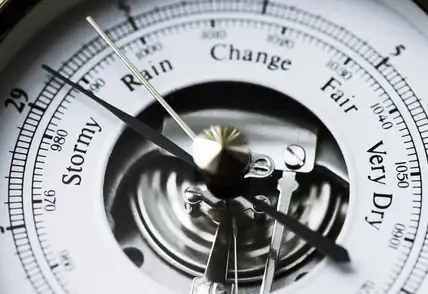EBITDA
EBITDA stands for Earnings Before Interest, Taxes, Depreciation, and Amortization. It’s a financial metric that measures a company’s operating performance by showing profit before non-operational expenses are deducted.
In the hospitality industry, EBITDA helps hotel owners and investors evaluate the profitability of properties without being affected by accounting decisions or financing structures. For example, two hotels may have similar revenue, but one might have higher depreciation costs due to newer equipment. Using EBITDA makes performance comparison clearer.
There are two common formulas used to calculate EBITDA.
- EBITDA = Net Income + Interest + Taxes + Depreciation + Amortization
- EBITDA = Operating Income (EBIT) + Depreciation + Amortization
The first formula is best used when working from a full income statement, while the second is more practical when operating income (EBIT) is already available.
In industries with high lease or rental expenses, EBITDAR (Earnings Before Interest, Taxes, Depreciation, Amortization, and Rent) is also used. This variation adds rent or lease costs to the calculation to show how well a company performs before fixed occupancy or equipment costs are considered. It provides a clearer comparison of profitability for airlines, hotels, and other businesses that rely heavily on leased assets.
EBITDA is often used alongside other financial ratios and hotel KPIs such as RevPAR (Revenue per Available Room) or GOPPAR (Gross Operating Profit per Available Room). It’s a key figure in financial reporting, property valuation, and investment analysis for both independent hotels and large hotel chains.





